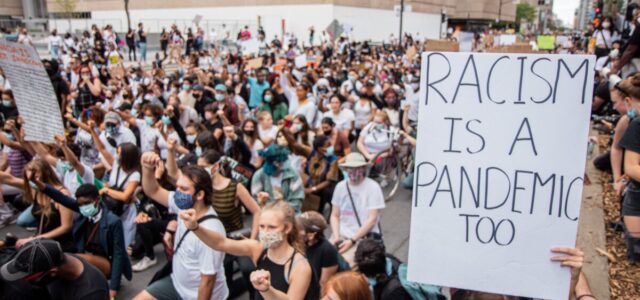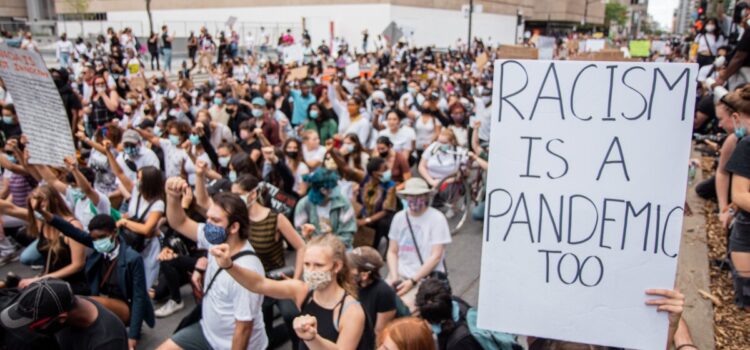

Racialized Canadians look to federal parties for leadership — and real change
CanadaNewsPoliticsPolitics Sep 17, 2021 Saloni Bhugra

In 2016, The Human Rights Commission of Canada revealed that 43 per cent of all hate crimes in Canada were motivated by hate of a race and ethnicity. According to Stats Canada, homicides against Indigenous people were seven times higher than non-Indigenous, and there was a 37 per cent increase in hate crimes last year.
Poet George Elliott Clarke, who served as Poet Laureate for the City of Toronto between 2012 and 2015 and Poet Laureate for the Canadian Parliament in 2016-2017, said in an email interview with Skedline that the recent hate crimes serve to remind us that the minorities are “being ‘tolerated’ by a mainstream society whose bedrock organizing principle has been White Supremacy, and has never been a very secure basis on which to exercise our civil rights and/or to enjoy all the benefits of citizenship.”
The leaders might have expressed some grief after the developments in hate crimes but their actions are not aligned with any promises, Clarke wrote. He’s particularly worried about what a Conservative government might do if elected.
“Given that standard, seldom have recent Tory prime ministers and premiers (Harper, Harris, Ford, [Kenney], etc.) taken stands against the promulgation of intolerance; indeed, the elections of Ford and [Kenney] — and the rightist Legault in Quebec — have made immigrant-bashing, increased refugee-denial-and-deportation, the heightened incidents of brazen physical attacks on racial/religious minorities almost legitimate.”
Kevin Tuyen is one of the many Asian-Canadians who faced hate during the pandemic. As the news about multiple hate crimes and racist attacks increased, Tuyen became constantly worried about him and his family being the next targets.
“I’m personally more worried for my parents because, on the news, the Asian demographics that were mostly targeted were usually 40 years of age or higher,” he said.
Tuyen said he is scared for his mother’s family that lives in London, Ontario. “Racialized communities in Canada are living in a constant fear, they’ve got to beware of the unexpected,” he said.
Clarke believes things could have been done differently since Trudeau’s election. He said Trudeau should have prioritized putting together effective legislation ahead of the onset of the pandemic.
“Instead of symbolism, we could have had strong anti-racism, pro-Black, and pro-Indigenous reparations for historical crimes such as slavery and the residential school system. We could also have evolved a truly independent foreign policy instead of happily bullying any country that has escaped the US domination and control. Papa Trudeau was independent; baby Trudeau not so much,” he said.
Clarke believes NDP Leader Jagmeet Singh would be a good visible-minority leader with a good vision, but he questions if the party is as progressive as Singh. “I remember when [Ujjal] Dosanjh was premier of BC — and the depth of subtle racial hostility against him,” he said.
But the Liberal Party’s history troubles him. “History records that it was Liberal PMs — Laurier, Mackenzie King — who instituted anti-Asian, anti-Black, anti-Semitic immigration laws (1905-55), while it was Pierre Trudeau who thought that Indigenous people needed to be assimilated, losing all their distinctiveness — as well as Treaty rights.”
To make progress, Clarke would like to see the winning party bring in social supports such as “providing reparations — and one per cent of ALL property taxes collected — to Indigenous/Metis/Inuit peoples.”
Both Tuyen and Clarke believe that this term reminded them of the sacred power of electing a government, and how it should be used wisely. Canadians will wield that power on Monday, Sept. 20.






